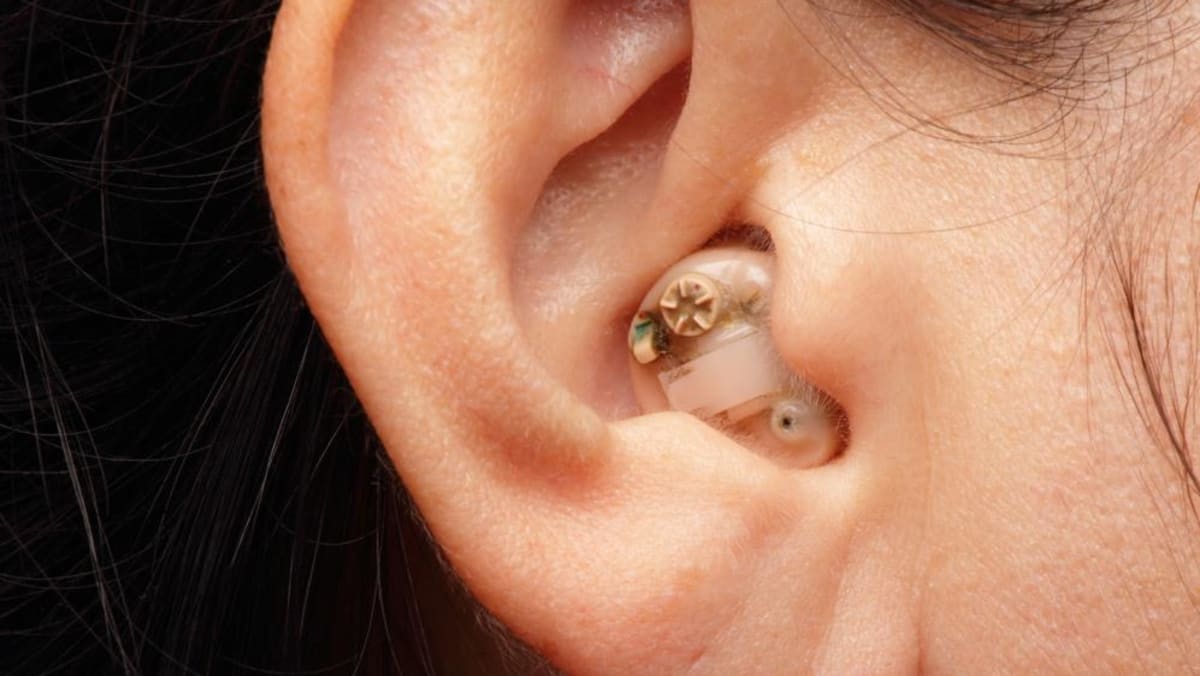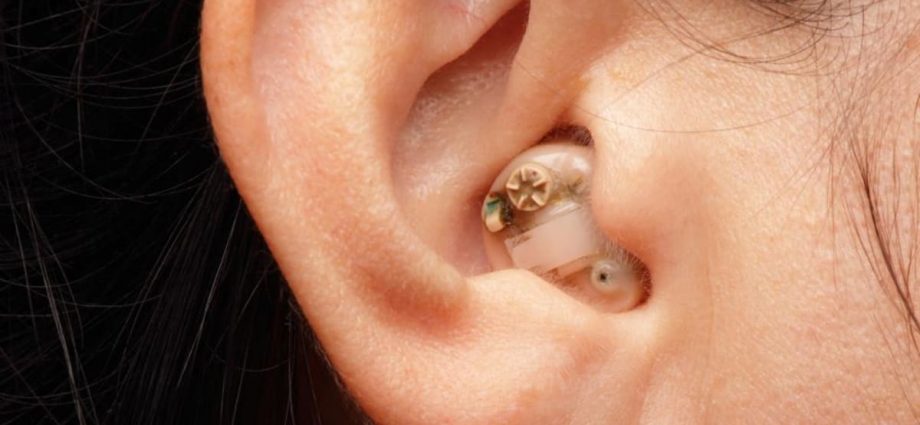
During the appointment at the ENT doctor’s, patients are usually asked how their hearing has impacted their everyday lives. “This is followed by an examination of the ears and a comprehensive hearing test, which reveals the type of hearing loss and its severity at various frequencies,” said Dr Liu, who added that an MRI or CT scan may sometimes be required.
MISCONCEPTION 2: Hearing aids are only for old people and those with severe hearing loss
Just like how spectacles are devices to help improve your eyesight and are worn by all age groups, hearing aids are just the same, said Dr Liu. “They are worn to improve hearing, regardless of age.”
In fact, for very young children with hearing loss, hearing aids are especially crucial to the development of their speech and language skills, said Shah. “Research has shown that the use of hearing aids before six months of age provides the best outcome.”
In adults, those with moderate and severe hearing loss are three times and five times more likely, respectively, to develop dementia, said Dr Liu. And this can happen in three ways: One, “long-term hearing loss causes irreversible brain shrinkage due to the lack of auditory stimulation”. Two, the straining from listening shunts “brain energy away from higher executive function like thinking and planning”.
“People with untreated hearing loss also tend to withdraw themselves from social activities due to impaired communication with others. This lack of social stimulation results in reduced brain activity, setting the stage for cognitive decline seen in dementia,” said Dr Liu.

